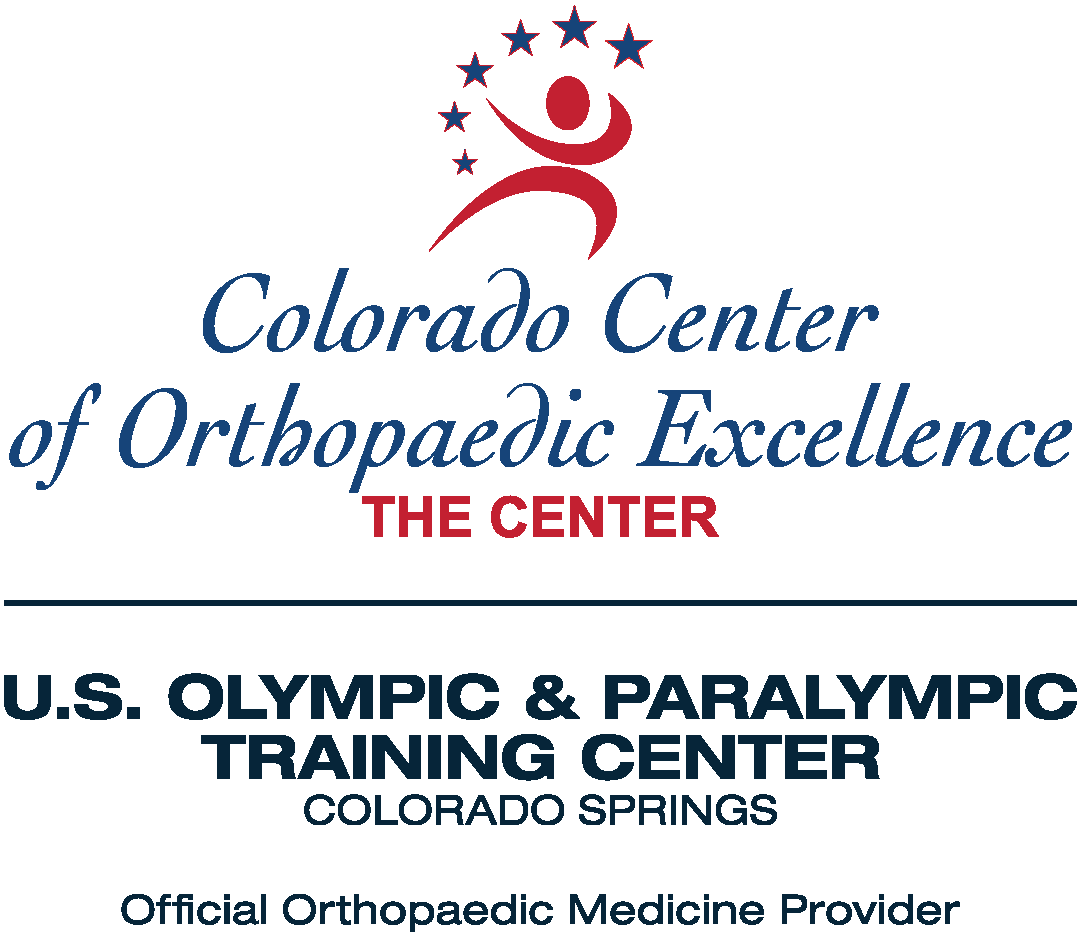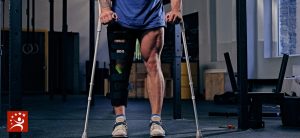Hip arthroscopy is a type of surgery that helps your doctor get a clear view of the inside of a joint. An arthroscopy may help doctors diagnose and treat joint problems. During an arthroscopy, a small camera or an arthroscope is inserted into the hip joint. The camera allows the surgeon to see any damage to the joint visually.
When Do You Need a Hip Arthroscopy?
Hip Dysplasia: Your doctor may suspect you have dysplasia, a condition where the socket is shallow and makes the cartilage more susceptible to tearing.
Synovitis: Synovitis is a condition that causes the tissue around the joint to become inflamed. Synovitis makes walking and day-to-day activities extremely uncomfortable and maybe even impossible.
Loose Bodies: Sometimes, pieces of bone or cartilage may become loose. These fragments can damage the tissue around the joints or the joint itself.
Femoroacetabular impingement (FAI): FAI is a bone disorder where bone spurs (or overgrow) around the joint socket.
There are many other conditions for which a hip arthroscopy may be needed to diagnose the problem with the joint accurately. As the hip is one of the most important joints in our body, it is imperative that the doctor can visually see the problem before advising a solution.
Ways to Prepare for a Hip Arthroscopy:
Most hip arthroscopies are performed as an outpatient procedure (meaning that patients can go home directly after the procedure). Here are some ways to prepare for the procedure:
- Medications: Your doctor may advise that you stop certain medications before your surgery. You may also be advised to continue to take other medications up until the morning of the procedure. It is important to keep a record of all medications you take and keep a schedule of which ones to continue and which ones to stop.
- Food: Your doctor may also advise that you stop eating the night before the procedure and avoid eating the morning of. Many patients find it helpful to schedule the procedure in the early mornings to avoid hunger and cravings.
- Answer all questions as accurately as you can: Your surgeon will have questions, and so will the anesthesiologists. It is important that you answer all the questions as accurately as possible to ensure a smooth procedure.
A hip arthroscopy will help your doctor accurately diagnose any hip problems you may have. By visually seeing the condition, your doctor will be better able to diagnose the condition and create a treatment procedure to optimize success!
For more information about any hip-related issue or how a hip arthroscopy may be able to help you, schedule an appointment at the Colorado Center of Orthopaedic Excellence today! Call us at (719)623-1050 or visit https://ccoe.us.








